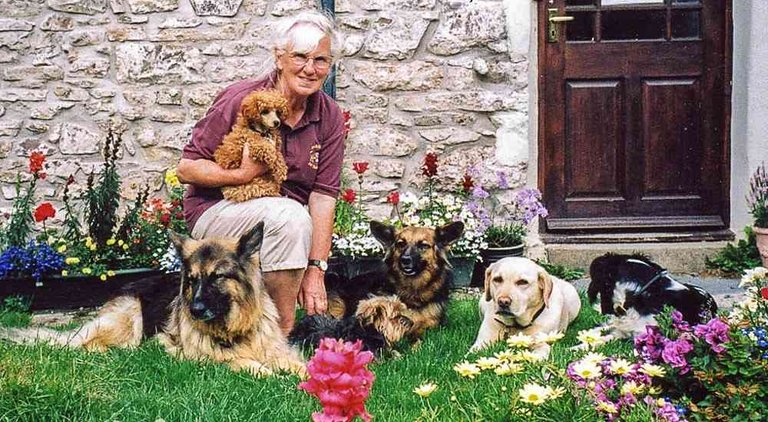How to prevent pet to pet disease transmission.
I took one of my little dogs for mating in a vet's shop, and immediately I got there, the woman in charge asked me to lift her and hold her up in my arms, she instructed further that I take her back and bring her back the following day because a dog with a severe infection was just taken away and she didn't want other pets to get infected too, so she decided not to admit any pet all through the day.
We need to learn how to protect our beloved pets from getting infected, there are several ways that the spread of infection can happen and one of them is from an infected pet to an uninfected one. Spread of transmission is possible through different routes;

source
Transmission through aerosol involves the transfer of disease agents through droplets spread through the air, which could then be inhaled by another animal. Most microorganisms are usually unable to survive for a long time, aerosol transmission can happen when there is an infected droplet from feces, urine, or birthing material from a contaminated surface like dust or soil.
Transmission is also possible orally, this i possible through the ingestion of contaminated water or food, or through chewing, or licking on contaminated objects. When feed and water are contaminated with feces, saliva, or urine. Fecal-oral transmission of disease is a very common source of infection spread.
Transmission can also be a result of an indirect path, through inanimate objects like clothes, pieces of equipment, vehicles, and footwear, that can transfer microorganisms from an infected animal to one that is not infected.
Living vectors are another means of transmission, mosquitoes, flies, ticks, and biting midges are common vectors, but sometimes birds or rodents could be a disease vector.
Household pets should not mingle with external untested animals, especially the ones that are roaming around the street. Animals that are roaming around the street are filled with several infections that can spread easily to your pets once they come in close contact.
In your home, always try to eliminate every area of standing water, this includes; flower pots, and saucers that can retain water.
It is easier for farm animals to get infected with the disease based on the proximity they have with one another. Different things can be done to protect your herd;
Isolate sick animals from healthy ones to reduce exposure and contact.
Have a clean pasture frequently to prevent the buildup of waste.
Protect your farm from line contact between animals and neighboring livestock, then put measures in place to limit contact between wildlife and flock.
Reduce contact between animals of different ages, it is easier for younger animals to get diseases than older ones.
Create sufficient space for animals to drink, eat, and provide shelter.
Remember, that as a pet owner, you need to protect your lovely pet, and in protecting them you are also protecting yourself and your entire family from contracting zoonotic disease which could make the disease spread from animals to humans.
Thanks for your contribution to the STEMsocial community. Feel free to join us on discord to get to know the rest of us!
Please consider delegating to the @stemsocial account (85% of the curation rewards are returned).
Thanks for including @stemsocial as a beneficiary, which gives you stronger support.